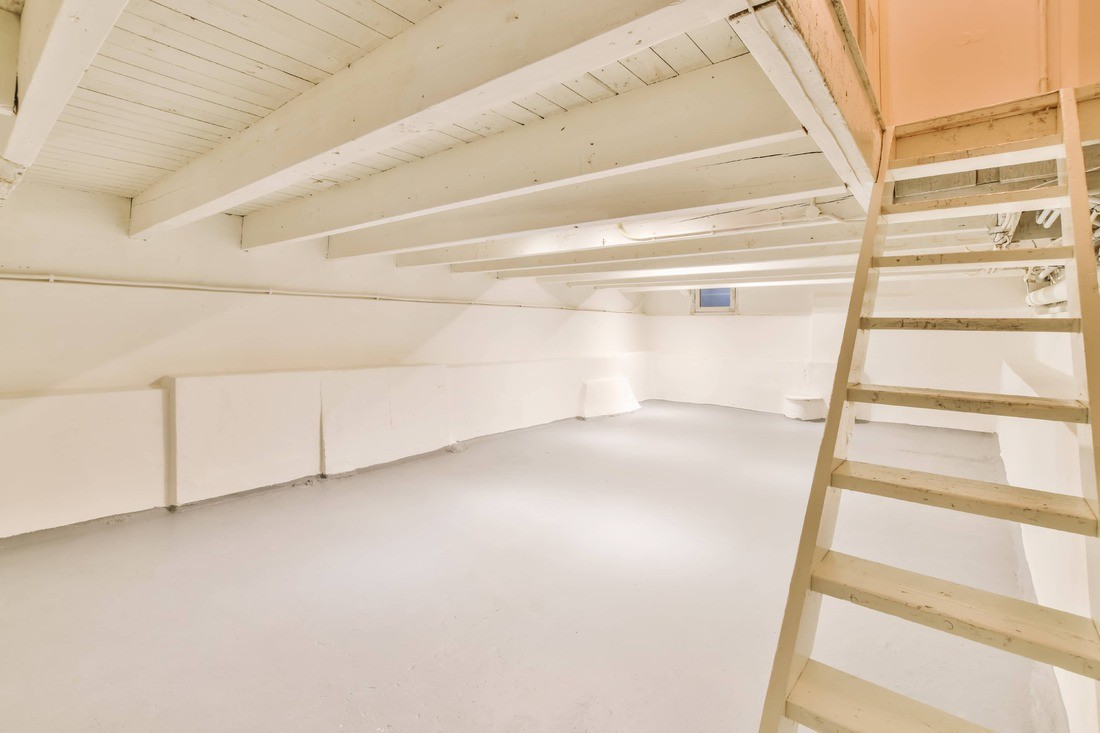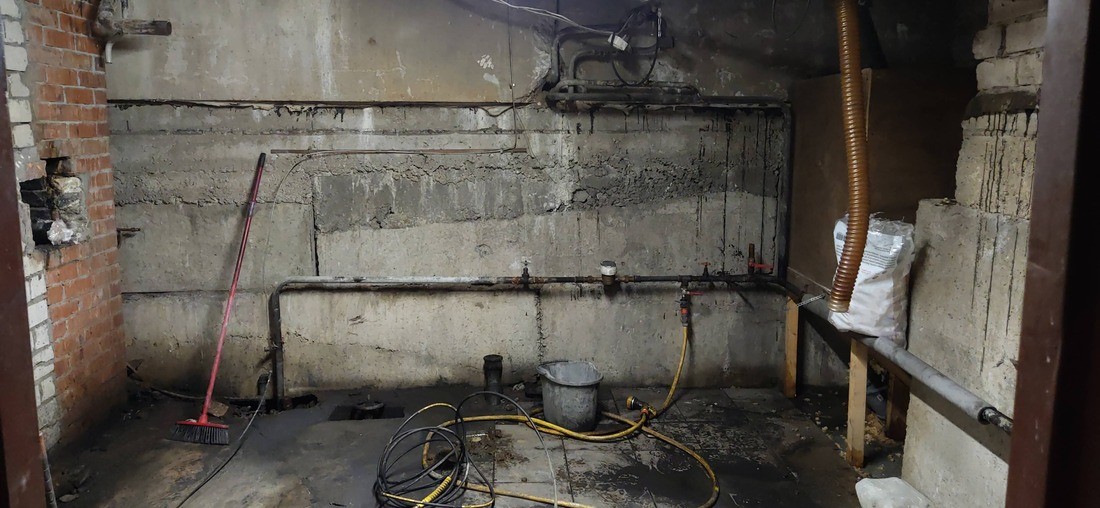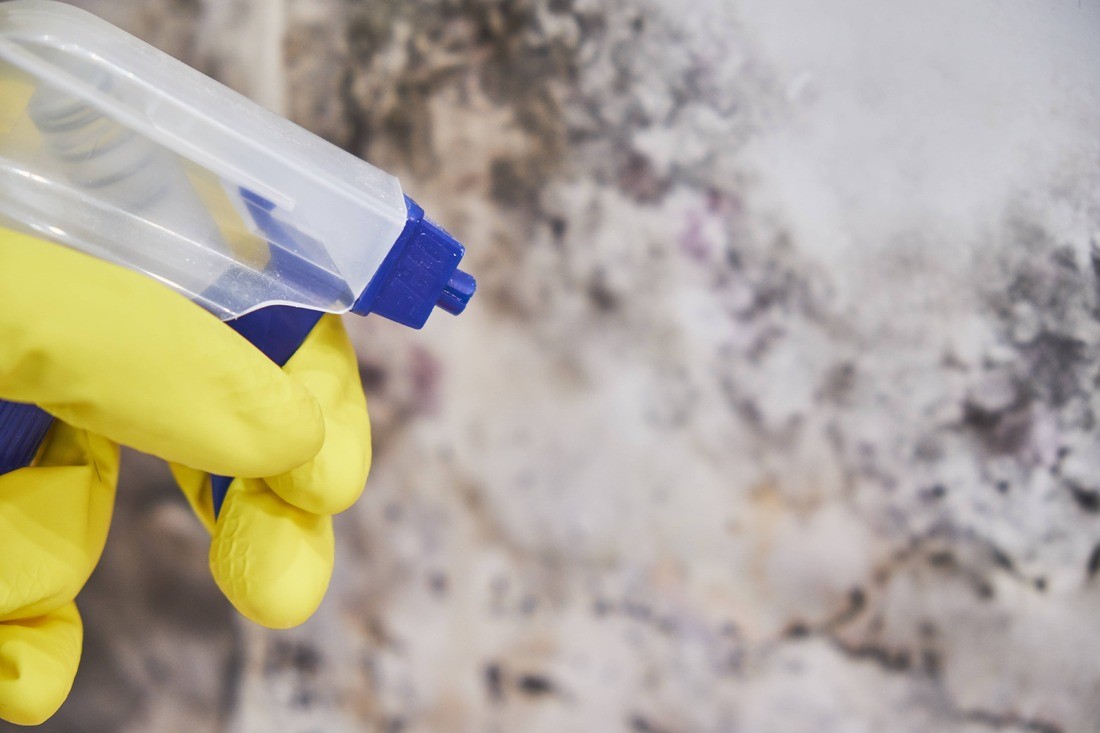
The Dangers of Burst Pipes
Burst pipes can cause significant damage to your home. When a pipe bursts, it can release a large amount of water into your property, leading to flooding and extensive water damage. It is crucial to understand the common causes of burst pipes and take necessary precautions to safeguard your home.
1. Freezing Temperatures
One of the most common causes of burst pipes is freezing temperatures. When water inside a pipe freezes, it expands, putting pressure on the pipes. This increased pressure can cause the pipes to crack or burst.
2. Age and Corrosion
Older pipes are more prone to corrosion and weakening over time. As pipes age, they become more susceptible to bursting. Regular maintenance and inspections can help identify and replace aging pipes before they cause significant damage.

3. High Water Pressure
Excessive water pressure can put strain on the pipes, leading to burst pipes. It is essential to monitor and regulate the water pressure in your home to prevent unnecessary stress on the plumbing system.
4. Tree Root Intrusion
Invasive tree roots can penetrate underground pipes in search of water, causing blockages and potential pipe damage. Regular tree maintenance and root barrier installation can help prevent tree root intrusion and protect your pipes.
5. Poor Installation or DIY Repairs
Improper installation or DIY repairs can weaken the integrity of the pipes, increasing the risk of bursts. It is recommended to hire professional plumbers for pipe installations and repairs to ensure they are done correctly.
6. Clogs and Blockages
Clogs and blockages in the plumbing system can cause water pressure to build up, potentially leading to burst pipes. Regular maintenance, including drain cleaning and pipe inspections, can help prevent blockages and reduce the risk of pipe bursts.
7. Corroded or Damaged Pipe Joints
Corroded or damaged pipe joints are susceptible to leaks and bursts. Over time, the joints may deteriorate, allowing water to escape and potentially causing significant water damage. Regular inspections can help identify and repair damaged pipe joints.

Safeguarding Your Home from Burst Pipes
To protect your home from the dangers of burst pipes, consider implementing the following preventive measures:
1. Insulate Exposed Pipes
Insulating exposed pipes can help prevent freezing and reduce the risk of burst pipes during cold weather. Use pipe insulation sleeves or heat tape to provide insulation and keep the pipes warm.
2. Maintain Proper Heating
Ensure that your home’s heating system is functioning correctly and set at an appropriate temperature to prevent pipes from freezing.
3. Drip Faucets in Freezing Temperatures
When temperatures are below freezing, allowing faucets to drip can help prevent water from freezing inside the pipes. This keeps water flowing and reduces the risk of bursts.
4. Regularly Monitor Water Pressure
Install a pressure regulator or gauge to monitor and control the water pressure in your home. This can prevent excessive pressure from causing damage to the pipes.
5. Properly Dispose of Grease and Food Waste
Avoid pouring grease or food waste down the drains, as they can cause clogs and blockages. Dispose of these items properly to prevent backups and potential pipe bursts.
6. Schedule Regular Plumbing Inspections
Arrange for annual plumbing inspections to identify any potential issues with your pipes. Early detection and repairs can prevent burst pipes and extensive water damage.
7. Hire Professional Water Damage Restoration Services
In the unfortunate event of a burst pipe or water damage, it is crucial to seek professional water damage restoration services. These experts have the knowledge, tools, and experience to handle flooded basement cleanup, water extraction, mold remediation, and other necessary repairs to restore your home.
By taking these precautions and seeking professional assistance when needed, you can safeguard your home from burst pipes and minimize the risk of water damage.



